Description
It seems you are referring to the GKP (General Knowledge Publications) SSC JE (Staff Selection Commission Junior Engineer) exam for the year 2025, specifically for the Civil Engineering discipline.
The SSC JE exam is conducted by the Staff Selection Commission (SSC) to recruit Junior Engineers in various government departments and ministries. For the Civil Engineering branch, the syllabus typically includes the following key areas:
### 1. **General Intelligence & Reasoning**
– Logical reasoning
– Analytical ability
– Visual memory
– Non-verbal reasoning
– Number series and puzzles
### 2. **General Awareness**
– Current affairs (national and international)
– History
– Geography
– Politics
– Economy
– Science and Technology
– Books and Authors
### 3. **General Engineering (Civil Engineering)**
This is the core section and will cover subjects related to Civil Engineering, such as:
– **Building Materials**: Types of materials used in construction, properties, and applications.
– **Structural Analysis**: Forces, bending moments, shear forces, and analysis of beams, frames, and trusses.
– **Concrete Technology**: Properties, mix design, and testing of concrete.
– **Soil Mechanics and Foundations**: Soil properties, foundation design, bearing capacity, and types of foundations.
– **Surveying**: Types of surveying, leveling, triangulation, and instruments used.
– **Environmental Engineering**: Water supply, sewage treatment, solid waste management, and environmental pollution.
– **Transportation Engineering**: Road design, traffic engineering, and highway materials.
– **Hydraulics**: Fluid mechanics, flow measurement, and pipe flow design.
– **Estimation and Costing**: Quantity estimation, cost analysis, and contract management.
### Exam Pattern
– **Paper 1 (Online Objective Type)**
– **General Intelligence & Reasoning**: 50 marks
– **General Awareness**: 50 marks
– **General Engineering (Civil Engineering)**: 100 marks
– Total: 200 marks
– **Paper 2 (Descriptive Type)**
– **General Engineering (Civil Engineering)**: 300 marks (descriptive paper)
### Preparation Tips:
– **Study Material**: Use books from reputed authors and reference materials. For Civil Engineering, books by authors like R.K. Bansal (Fluid Mechanics), S.K. Duggal (Building Materials), and S.C. Rangwala (Surveying) are often recommended.
– **Practice**: Solve previous year papers and take mock tests to get used to the exam pattern and timing.
– **Current Affairs**: Stay updated with daily current affairs from newspapers, online platforms, or monthly magazines.
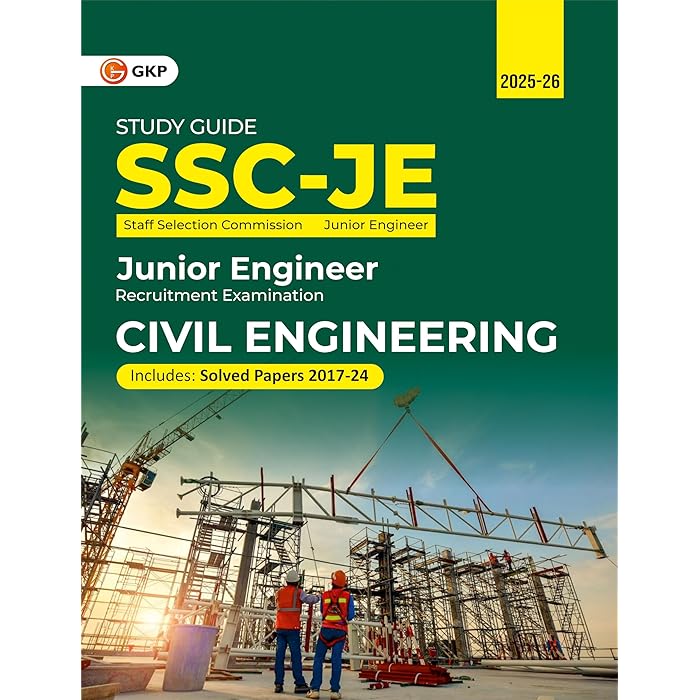
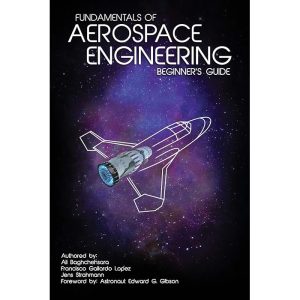
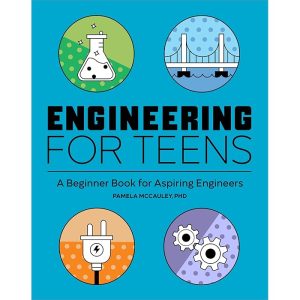
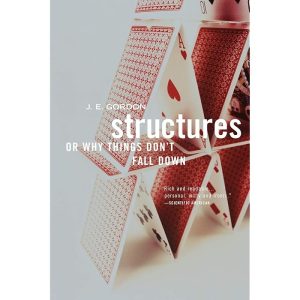
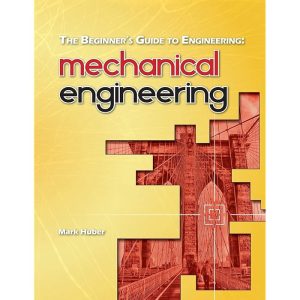
Reviews
There are no reviews yet.